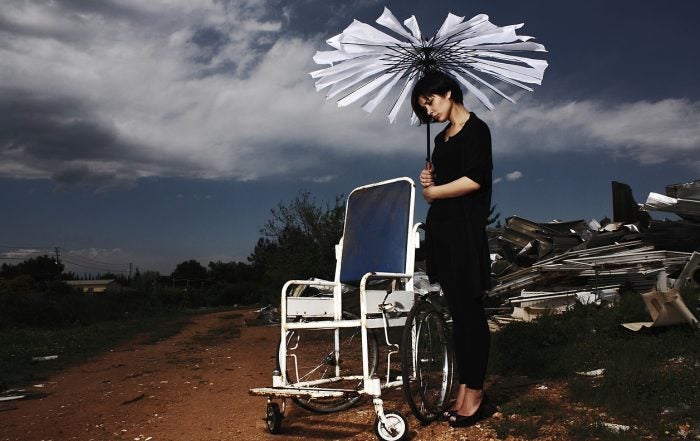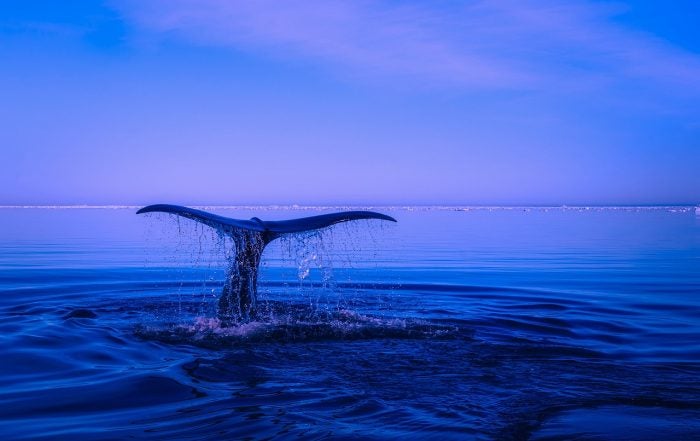Home » Posts tagged 'ucdavis' (Page 20)
Tag Archives: ucdavis
Understanding the Tumultuous Trajectory of a Concept in The Gene
By Daniel Erenstein, Neurobiology, Physiology, and Behavior, ‘19 Author’s Note: In my Writing in Science (UWP 104E) course, Dr. Brenda Rinard assigned us a review of a classic book in science. My interests in social history and the genetics of disease inspired me to read Siddhartha Mukherjee’s The Gene: An Intimate History. The following book […]
A Conversation with Dr. Kate Scow: “I just totally lost my heart to soil”
By Sara Ludwick, Environmental Science and Management, 2019 Author’s note: I read about Dr. Scow’s research while looking for a faculty member to interview for a class assignment. She is a professor of Soil Science and Microbial Ecology at UC Davis, and her research emphasizes microorganisms’ roles in providing ecosystems services. Dr. Scow was featured […]
Shouldering the Pain
By: Cathy Guo, Biochemistry and Molecular Biology, ‘18 Author’s Note: “This is a reflective case study I wrote for UWP104F (Writing in the Health Profession) about a patient’s illness experience with chronic pain. After conducting an interview with the patient, I became intrigued by the controversial aspects of her ailment, and drew on research […]
The Effect of Aging On Our Immune System: A Review
by Bukre Coskun, Cell Biology ‘18 Author’s Note: I became interested in the immune system and the role of the thymus after taking an immunology class where I learned about how T-cells are distributed throughout our body. I wanted to explore this subject more after learning that the thymus, an organ that is integral to the […]
Cell-free DNA Testing as the Next Generation of Cancer Screening
By: Anna Kirillova, Cell Biology, ‘19 Author’s Note: “This article was brought to my attention in my Human Genetics class (MCB 162) when we were discussing novel methodologies for diagnosis of fetal trisomies (Down Syndrome). The purpose of this review is to highlight how basic biology can translate into significant advancements in disease diagnosis. […]
We’re All Going to Die, but Will It be via Mass Extinction?
By N.J. Griffen, English, ’17 Author’s Note: “Stephen Hawking at the end of last year wrote an article for The Guardian saying: ‘…we are at the most dangerous moment in the development of humanity. We now have the technology to destroy the planet on which we live, but have not yet developed the ability to escape it. […]
Ants Who Farm: The Evolution of Fungal Obligate Symbiosis
By Wren Greaney, History major, Biological Sciences & Community Development minor, ’17 Author’s note: “I started to look into entomological research as a result of learning about insect diversity in ENT100. I came across a study regarding ants’ fascinating advanced ability to cultivate fungi. I thought it was incredible that we have agriculture in common […]
So, Where are we With Abortion?
Reproductive Health Care Access in the United States: A Review of Literature By Madison Dufek, Biological Sciences with an emphasis in Neurobiology, Physiology, and Behavior, Minor in Communications, ’17 Author’s Note: “Reproductive health care/family planning refers to services that provide birth control, prenatal care, and pregnancy termination procedures. This is a subset of health […]
Manufacturing Synthetic Blood Vessels That Grow with the Patient
By Bukre Coskun, Cell Biology, ‘18 Author’s Note: “The ability to build new organ parts may seem like science fiction, but tissue engineering is a fast-growing field that has already yielded promising results. After reading that congenital heart defects are the most common type of birth defect, I was compelled to do some research on […]

